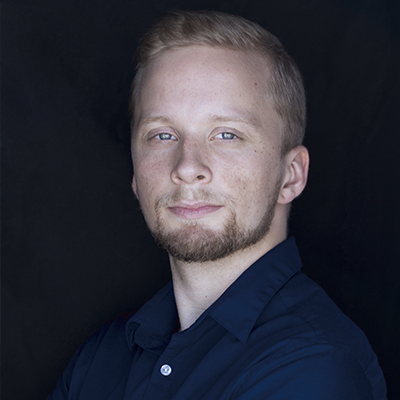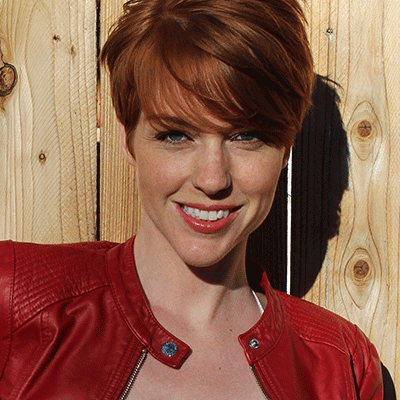
Research Fellow
Janet has a PhD in Psychological and Brain Sciences from the University of California, Santa Barbara and a Masters of Research from the University of St Andrews where she studied the psychology of how socio-cultural contexts shape behavior and the morally expanding capacities of global citizenship. After earning her PhD, Janet studied collective emotions in social movements as a postdoctoral research associate at Princeton University. She has worked with researchers at the University of St Andrews on moral values in social movements and at the National University of Singapore on values affecting immigration attitudes. She currently collaborates on a study of the re-wilding of formerly captive Asian elephants in Thailand.

Research Fellow
Spencer Case has a PhD in philosophy from the University of Colorado Boulder at 2018 and was an international research fellow at Wuhan University (2019-2021). He is especially interested in the debate over moral realism, the view that there are objective moral facts. He’s the coauthor, along with Matt Lutz, of <i>Is Morality Real? A Debate</i>, which will be available via <i>Routledge</i> September 7, 2023. A second book, <i>Why it’s ok to be Patriotic</i>, is also in the works. He has published articles in outlets like <i>National Review</i>, <i>Quillette</i>, <i>Discourse</i>, <i>Arc Digital</i>, and <i>The Washington Free Beacon</i>. He’s also the host of Micro-Digressions: a Philosophy Podcast.

Researcher
Ali has postgraduate degrees in economics and cognitive science. He previously worked at Charity Entrepreneurship, where he carried out research to prioritize global health and development policy interventions. Before this, he worked at an economic consultancy, where he used empirical research methods to evaluate social policies. Ali has also worked on research projects with Charity Entrepreneurship and Faunalytics to support the animal advocacy movement.

Researcher
Katerina has a background in Philosophy, Psychology, and Neuroscience, and is currently a PhD student at the Max Planck Institute for Human Cognitive and Brain Sciences in Leipzig, Germany. She has conducted research on the perception of artificial agents and the ethics of human-AI interaction at the Donders Institute for Brain, Cognition and Behaviour, Harvard University’s Department of Social Studies, and Glasgow University’s School of Psychology and Neuroscience. Additionally, since 2014 she has been on the board of several effective altruism organisations and community groups in the UK and Germany, including her most recent position as a STEM student mentor at Effective Thesis.

Co-Founder
Jacy is a writer, social scientist, and author of <i>The End of Animal Farming</i>. He is currently a PhD Fellow at The University of Chicago. He previously worked as a Senior Fellow at Sentience Politics, and before that as a researcher and Chair of the board of directors at Animal Charity Evaluators. He has written on effective altruism topics in outlets such as <i>The Guardian</i>, <i>Vox</i>, and <i>National Review</i> and presented his research in over 20 countries.

Co-Founder
Kelly co-founded Sentience Institute and served as the organization’s executive director for its first three years, quickly establishing the organization by grantwriting, presenting at numerous conferences, developing and managing the website, hiring and managing staff with co-founder Jacy, editing research output, and conducted research herself. Kelly previously served as Director of Communications at Sentience Politics, co-organized a grassroots animal advocacy organization, and worked as a front-end software engineer. Kelly has participated in many animal rescues and has volunteered her design skills to several animal advocacy organizations.